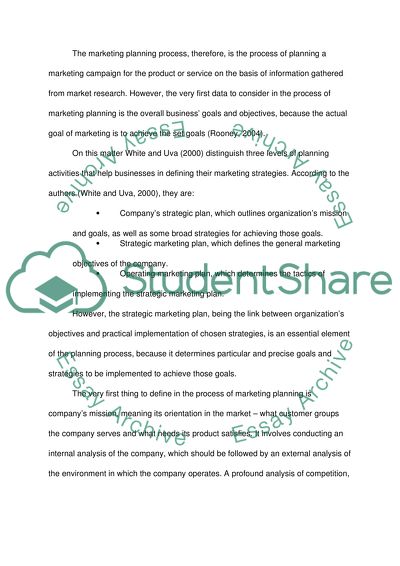Cite this document
(“Strategic Marketing and Marketing planning process Essay”, n.d.)
Retrieved from https://studentshare.org/marketing/1615371-strategic-marketing-and-marketing-planning-process
Retrieved from https://studentshare.org/marketing/1615371-strategic-marketing-and-marketing-planning-process
(Strategic Marketing and Marketing Planning Process Essay)
https://studentshare.org/marketing/1615371-strategic-marketing-and-marketing-planning-process.
https://studentshare.org/marketing/1615371-strategic-marketing-and-marketing-planning-process.
“Strategic Marketing and Marketing Planning Process Essay”, n.d. https://studentshare.org/marketing/1615371-strategic-marketing-and-marketing-planning-process.


